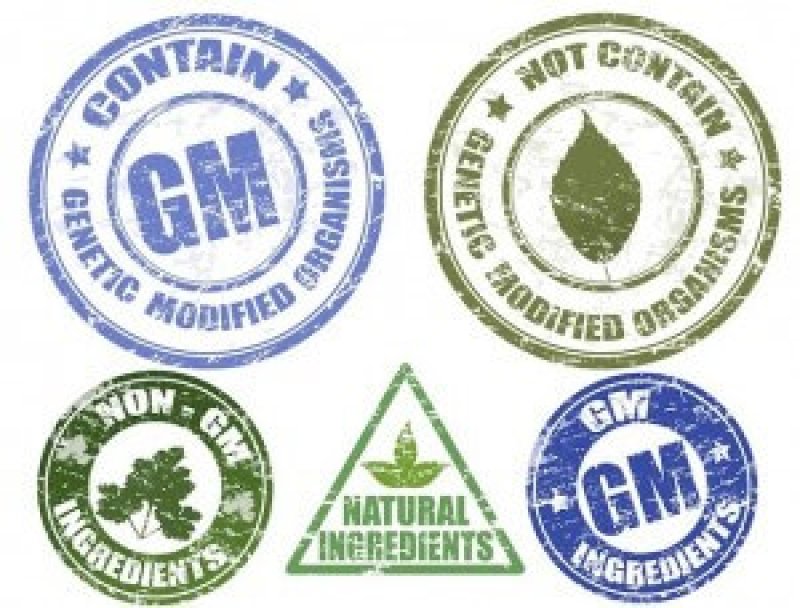Many people favor labeling GM food on the ground that it poses serious risks to human health and the environment, but . . . the prevailing scientific judgment is that it does no such thing. . . [S]ome people respond that even in the absence of evidence of harm, people have “a right to know”. . . But there is a serious problem with this response: the benefits of such labels would appear to be lower than the costs. . . .To the extent that they would be willing to pay for them, the reason is likely to be erroneous beliefs, which are not a sufficient justification for mandatory labels. Moreover, GMO labels might well lead people to think that the relevant foods are harmful and thus affirmatively mislead them.
Some people think . . . Because there is a non-zero risk that GM food will cause irreversible and catastrophic harm, it is appropriate to be precautionary, through labels. . . . If there is a small or uncertain risk of serious harm, precautions may indeed be justified. If the risk is essentially zero. . . then precautions are difficult to justify. . . .
The GLP aggregated and excerpted this blog/article to reflect the diversity of news, opinion and analysis. Read full, original post: On Mandatory Labeling, With Special Reference to Genetically Modified Foods































